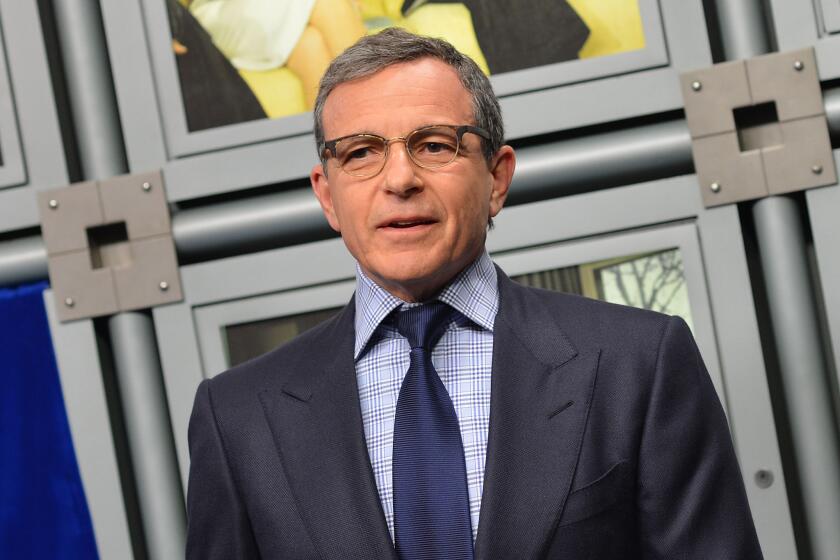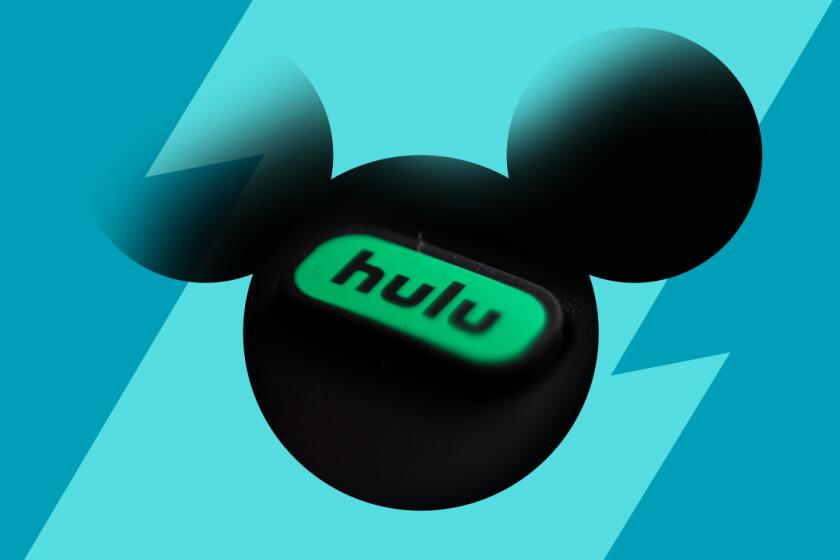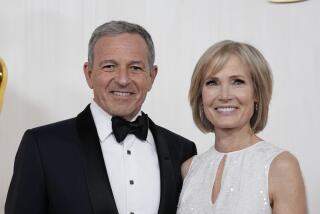Disney got ‘The Simpsons’ and ‘Avatar.’ But some now see the Fox deal as a mistake
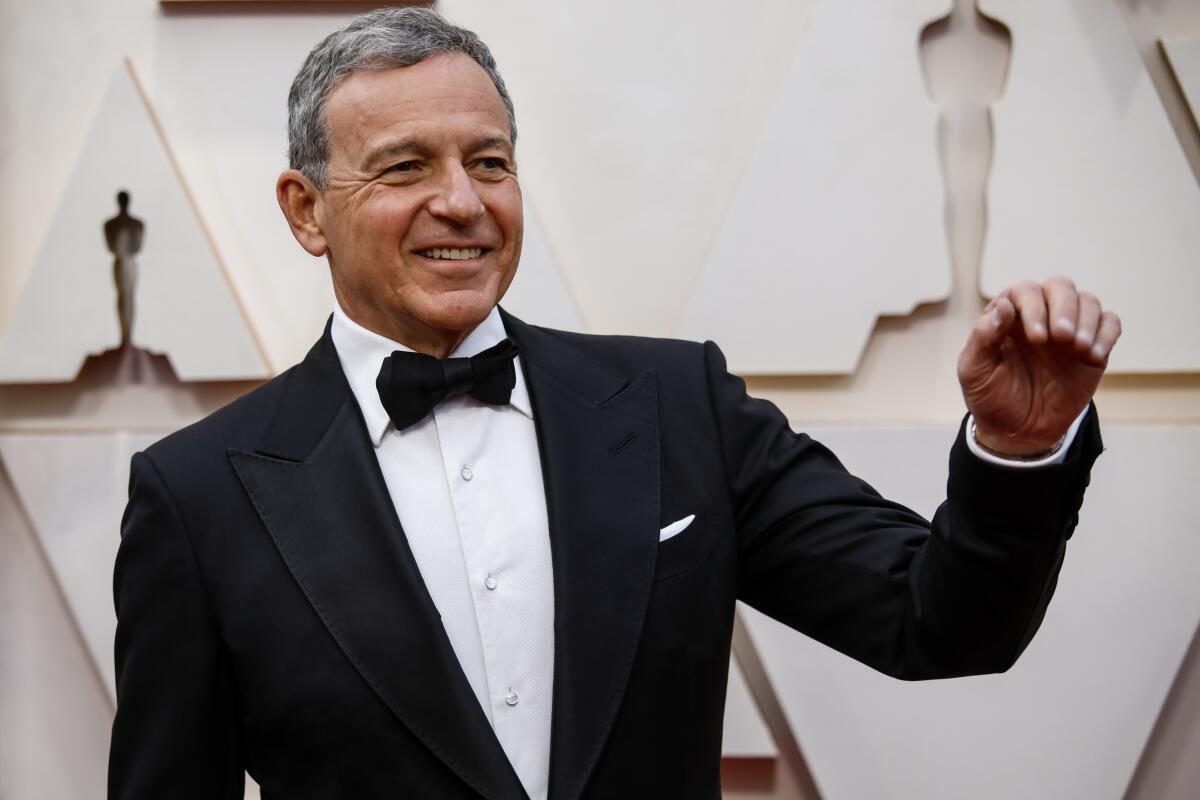
Will history judge Walt Disney Co.’s $71.3-billion purchase of 21st Century Fox a success?
Or will the 2019 acquisition turn out to be Disney Chief Executive Bob Iger’s biggest blunder?
Activist investor Nelson Peltz’s excoriation of Iger’s decision to load up on content for the streaming wars by buying Rupert Murdoch’s TV and movie studios and other entertainment assets has touched off a spirited debate.
Peltz, through his Trian Fund Management, accused Disney executives of exhibiting “poor judgment” by “materially overpaying for the Fox assets.” Earlier this month, his firm ended its proxy fight against Disney.
Apple will break ground on a new office this year on the Culver City-Los Angeles border that will house up to 2,400 employees, raising concern among some residents that it will increase their rent.
But the hangover from the Fox deal has come into sharp focus this month in light of Iger’s dramatic plan to cut costs by $5.5 billion, including eliminating 7,000 jobs. It is among the largest reductions in the history of the storied entertainment company, which cut thousands of jobs following the Fox deal.
Buying Murdoch’s studios undoubtedly allowed Disney to scoop up valuable franchises, including television’s longest-running scripted show, “The Simpsons,” as well as film juggernaut “Avatar,” giving Disney a slice of the $2.2 billion in global box office receipts from “Avatar: The Way of Water.” Disney also picked up the original “Star Wars” film as well as “X-Men,” “Fantastic Four” and “Deadpool,” allowing those characters to join Disney’s Marvel Cinematic Universe.
The National Geographic and FX cable channels also came with the deal, along with proven TV industry leaders.
All have been instrumental in beefing up Disney’s content pipeline.
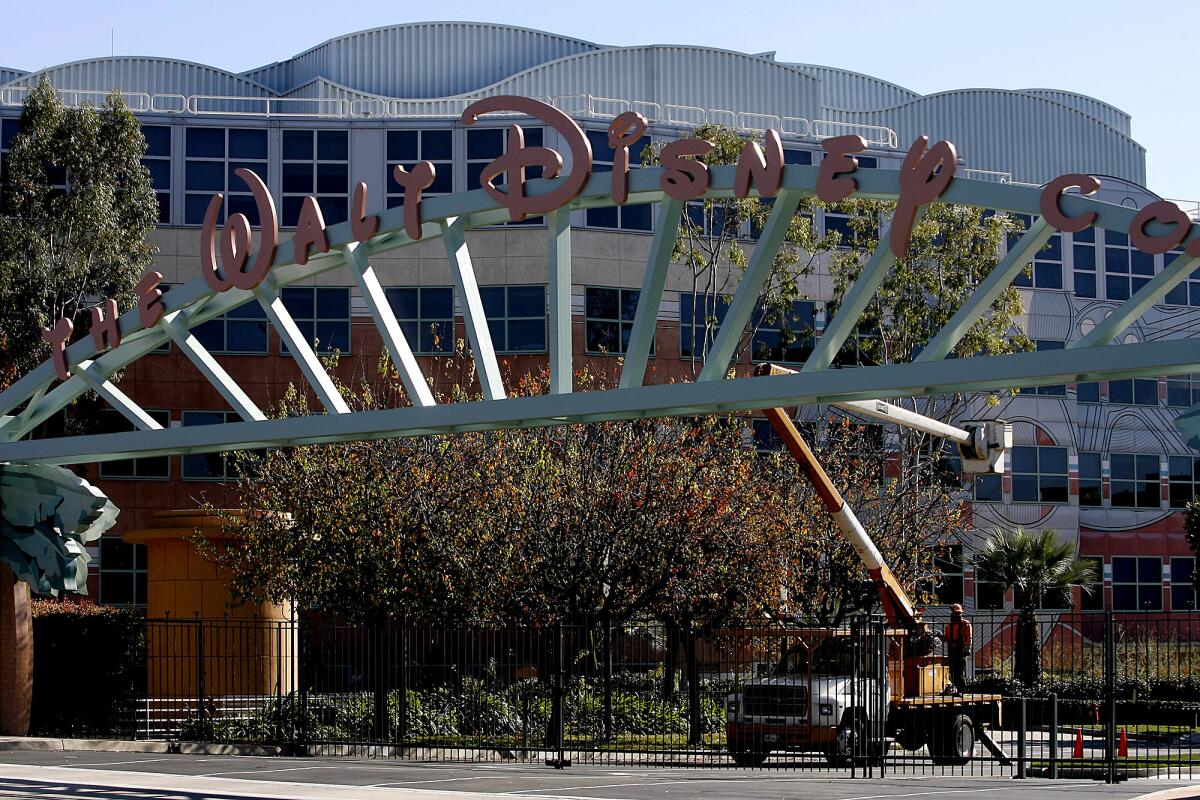
But some critics on Wall Street argue the acquisition, and integrating the Fox staff and operations into Disney, distracted the Burbank entertainment giant from its core mission of creating high-quality family entertainment.
Cowen & Co. media analyst Doug Creutz was never sold on the Fox deal and now partially blames it for Disney’s current troubles, which include managing an even larger portfolio of declining linear cable TV channels and absorbing billion-dollar losses as the company builds not one but four streaming services to compete with Netflix, Amazon Prime Video and others.
In addition to Disney+, Disney operates ESPN+ and Hulu as well as the Disney+ Hotstar streaming service in India.
“Even without Fox, Disney would still be struggling with linear channels and figuring out how to make streaming profitable,” said Creutz. “But they’d be in a much better position, financially, without all of this debt sitting on their balance sheet. And they would not have needed as big of a reorganization.”
Disney declined to comment for this story.
When Bob Iger replaced Michael Eisner as CEO of Disney, many considered him a lightweight who lacked the creative chops. How did he transform from low-key, under-rated CEO to one of America’s most successful CEOs?
Much has changed since Iger unveiled the takeover of Fox in December 2017.
At the time, Wall Street was high on the future of streaming companies. Iger and Murdoch had initially agreed on a $52.4-billion all-stock deal for Fox, which several observers said would have been a coup for Disney.
But Iger found himself dragged into a bidding war by Comcast Chief Executive Brian Roberts, who offered Murdoch considerably more money. To clinch the deal, Disney ultimately agreed to pay $71.3 billion. (In addition, Disney assumed nearly $14 billion in Fox debt, according to company documents.)
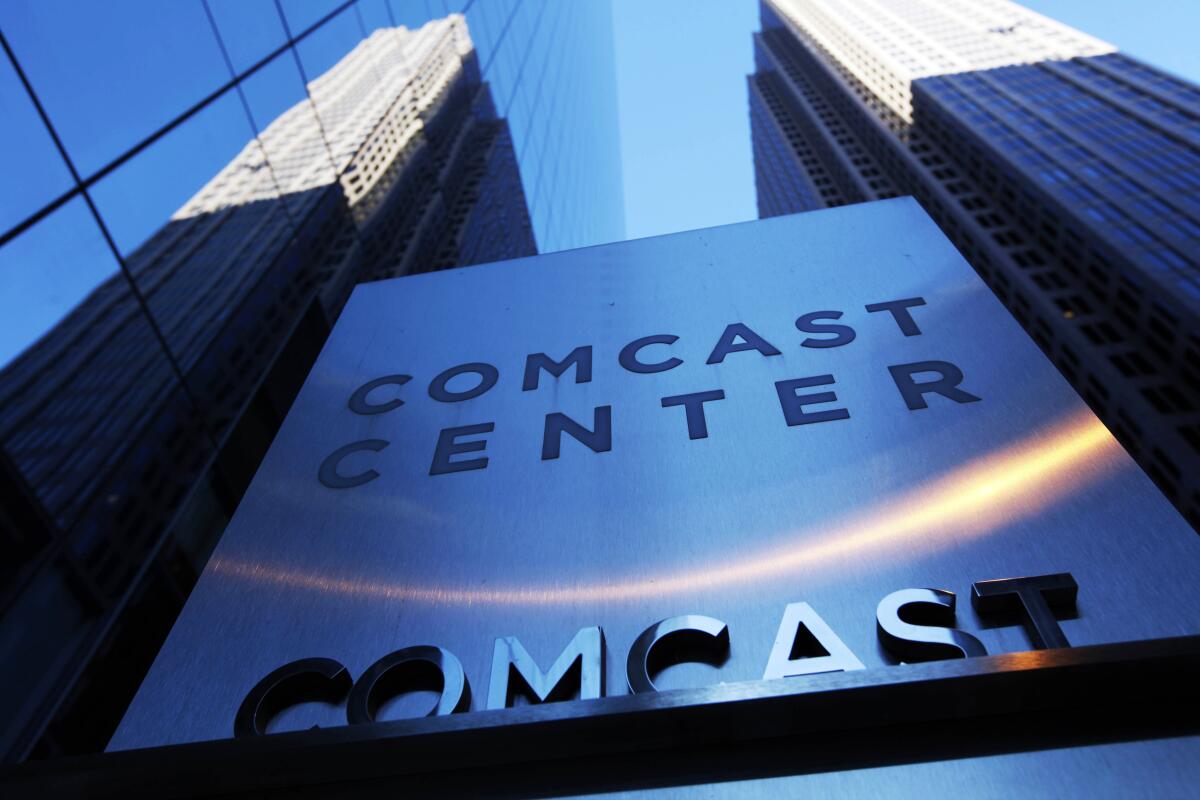
Comcast eventually wrangled one of Murdoch’s assets, the European satellite TV service Sky. Comcast then paid Disney $15 billion for Fox’s ownership stake in Sky.
Antitrust regulators also forced Disney to sell another asset — Fox’s regional sports networks that carry local games of professional hockey, basketball and baseball teams. The government refused to allow Disney to own both ESPN and more than 20 regional sports channels, so Disney auctioned off the channels, including the YES Network that carries the New York Yankees, for more than $10 billion.
Subtracting proceeds from those asset sales, Disney places the Fox deal at $57 billion.
“Even that was too much — way too much,” Creutz said.
The lingering problem is the debt. In 2018 regulatory filings, Disney said it planned to take on as much as $36 billion in debt to cover the cash portion of the cash-and-stock deal to Murdoch and his shareholders. (Regulatory filings show the company actually took on about $26 billion.)
Then, a year after the Fox deal closed, Disney was ravaged by the global pandemic — theme parks, movie theaters and sports attractions were shuttered — and it was forced to take on even more debt. As of last quarter, Disney’s debt stood at $45 billion.
When the Fox deal was finalized in March 2019, Iger said in a statement, “Disney’s and Fox’s unparalleled collection of businesses and franchises will allow us to create more appealing high-quality content, expand our direct-to-consumer offerings and international presence, and deliver more personalized and compelling entertainment experiences to meet growing consumer demand around the world.”
Disney also offered Fox library titles to Disney+ international customers.
Disney+ has more than 160 million subscribers globally.
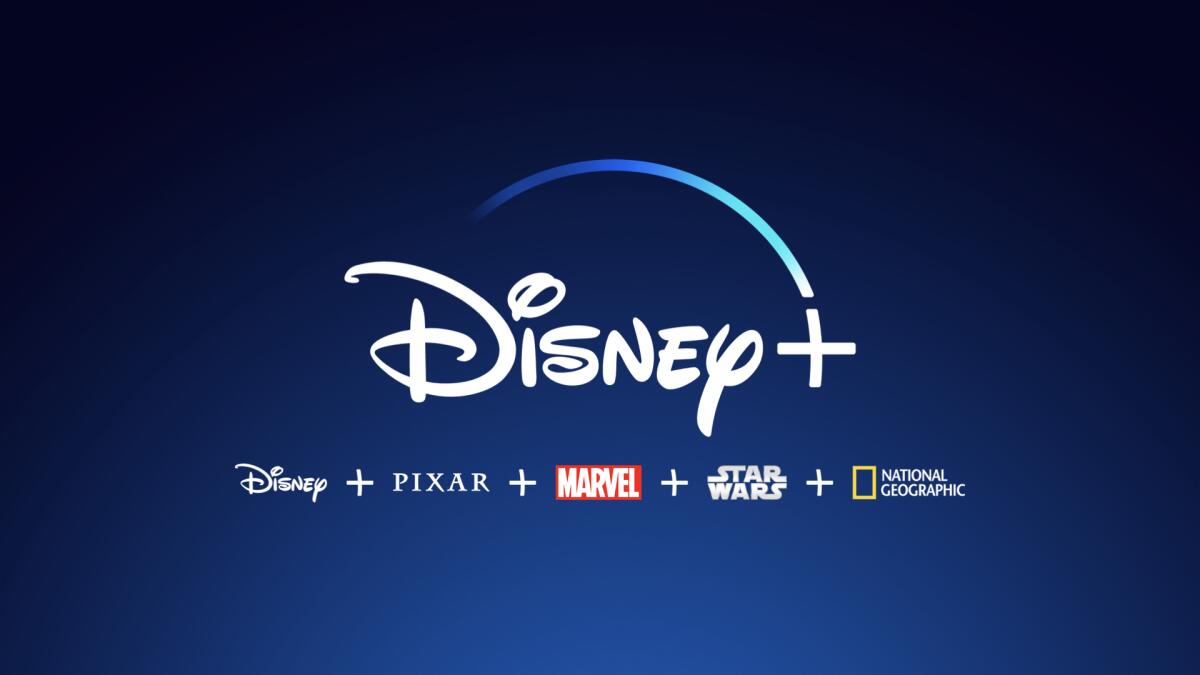
People close to the company said the Fox deal accelerated Disney’s leap into streaming, giving it a head start over rivals such as Warner Bros., NBCUniversal and Paramount.
Yale School of Management senior associate dean Jeffrey Sonnenfeld called the Fox deal “brilliant.”
“Was it a high cost? Yes, but you don’t judge an investment as a business expense but rather against the return on the investment,” he said.
Sonnenfeld said the Fox assets could reap unexpected rewards for Disney down the line, and cited an obscure historical reference: the 1867 purchase of Alaska from Russia for $7.2 million.
“Of course, gold was later discovered there, sparking a gold rush,” Sonnenfeld said. “Can you imagine if [Russian President Vladimir] Putin controlled that real estate now?”
Disney’s purchase of Fox kept the assets, including the popular streaming service Hulu, out of the hands of Comcast or another media foe.
On the most recent earnings call, Iger told analysts the company would devote less resources to making general entertainment content. But one of the primary rationales for buying Fox was to increase Disney’s arsenal of general entertainment content.
“That raises the question: So why did you buy Fox?” Creutz asked.
Iger also appears to be questioning the value of Hulu. Disney currently owns two-thirds of the pioneering general entertainment streaming service built by Fox, NBCUniversal and Disney; Comcast owns the other third.
Earlier this month, Iger told CNBC that “everything is on the table” as he looks to make cuts, fueling speculation in Hollywood over the future of Hulu.
Disney already committed to pay Comcast $9 billion for its 33% stake in Hulu by January. If Comcast wants to exercise its option to sell, that would give Disney 100% control, but it might look to sell the platform.
Walt Disney Co. took control of Hulu as part of its $71-billion acquisition of 21st Century Fox. Now Chief Executive Bob Iger says ‘everything is on the table.’
“The question for Disney is: Do they want to be a scaled, broad entertainment company or the mother of all niche entertainment companies with family-friendly entertainment,” said Jason Kilar, the former WarnerMedia chief executive who built Hulu. “Either approach can be successful and both entail differentiated content, but that’s the big question that hasn’t been definitively answered.”
Kilar predicted that by the end of the decade, there will be a small handful of entertainment companies with an ability to generate more than $10 billion in cash flow per year from their streaming operations.
“If 21st Century Fox ends up being the difference-maker to help Disney cement its status in the winner’s circle, then it will have been worth it,” Kilar said.
More to Read
Inside the business of entertainment
The Wide Shot brings you news, analysis and insights on everything from streaming wars to production — and what it all means for the future.
You may occasionally receive promotional content from the Los Angeles Times.

